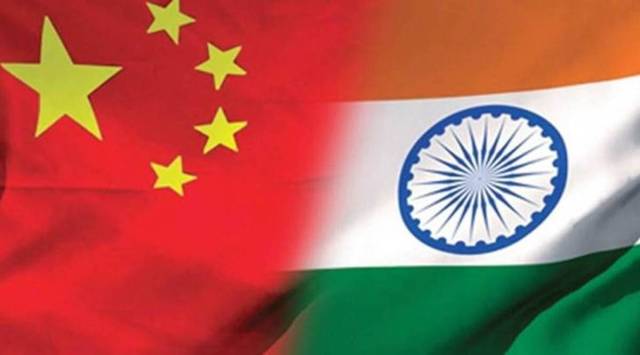
The previous emergency situation at the India-China border is now in the past, and currently it is stable, according to a senior Chinese diplomat. Minister Counsellor Chen Jianjun of the Chinese Embassy in India mentioned on Friday that the two countries are maintaining communication through diplomatic and military channels, with the aim of transitioning the border situation to normalized management and control. He emphasized that the current border situation is stable overall.
A clash between Indian and Chinese soldiers occurred along the Line of Actual Control (LAC) in the Tawang sector of Arunachal Pradesh on December 9, resulting in minor injuries to personnel from both sides. This clash took place near Yangtse amid the ongoing border standoff in eastern Ladakh.
Relations between India and China deteriorated significantly after the intense clash in Galwan Valley in June 2020, marking the most serious military conflict between the two countries in decades.
Jianjun highlighted that China consistently approaches China-India relations strategically and with a long-term perspective. Despite facing challenges, China remains committed to steering the relationship back towards healthy and steady development. He expressed the belief that the two nations, drawing strength from their ancient civilizations, can share wisdom with the world and collaborate to maintain international order stability.
In a world characterized by change and chaos, China and India have the potential to advocate for the institutional rights of developing countries. Collaborative efforts between the two nations will impact the future of Asia and beyond.
Jianjun mentioned that China supports India’s roles in the G20 presidency and the Shanghai Cooperation Organisation (SCO). Bilateral trade between China and India is growing, while exchanges in various fields such as culture, science, technology, education, and people-to-people interactions are resuming orderly.
The diplomat emphasized that China and India share similar positions on numerous regional and international issues and have common interests in areas like South-South cooperation, development, poverty reduction, climate change, and energy security. He expressed the belief that the two countries can find a way for neighboring nations to coexist peacefully and develop together, ultimately realizing the “Asian Century.”
















